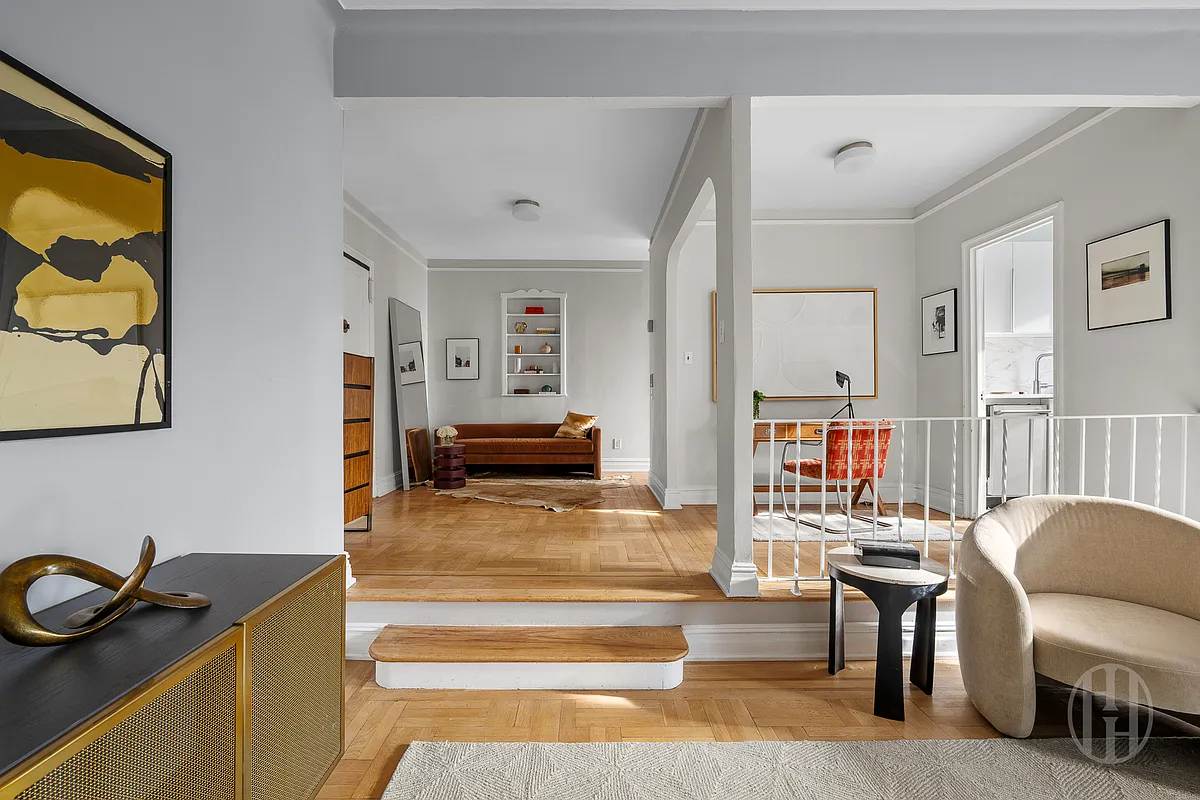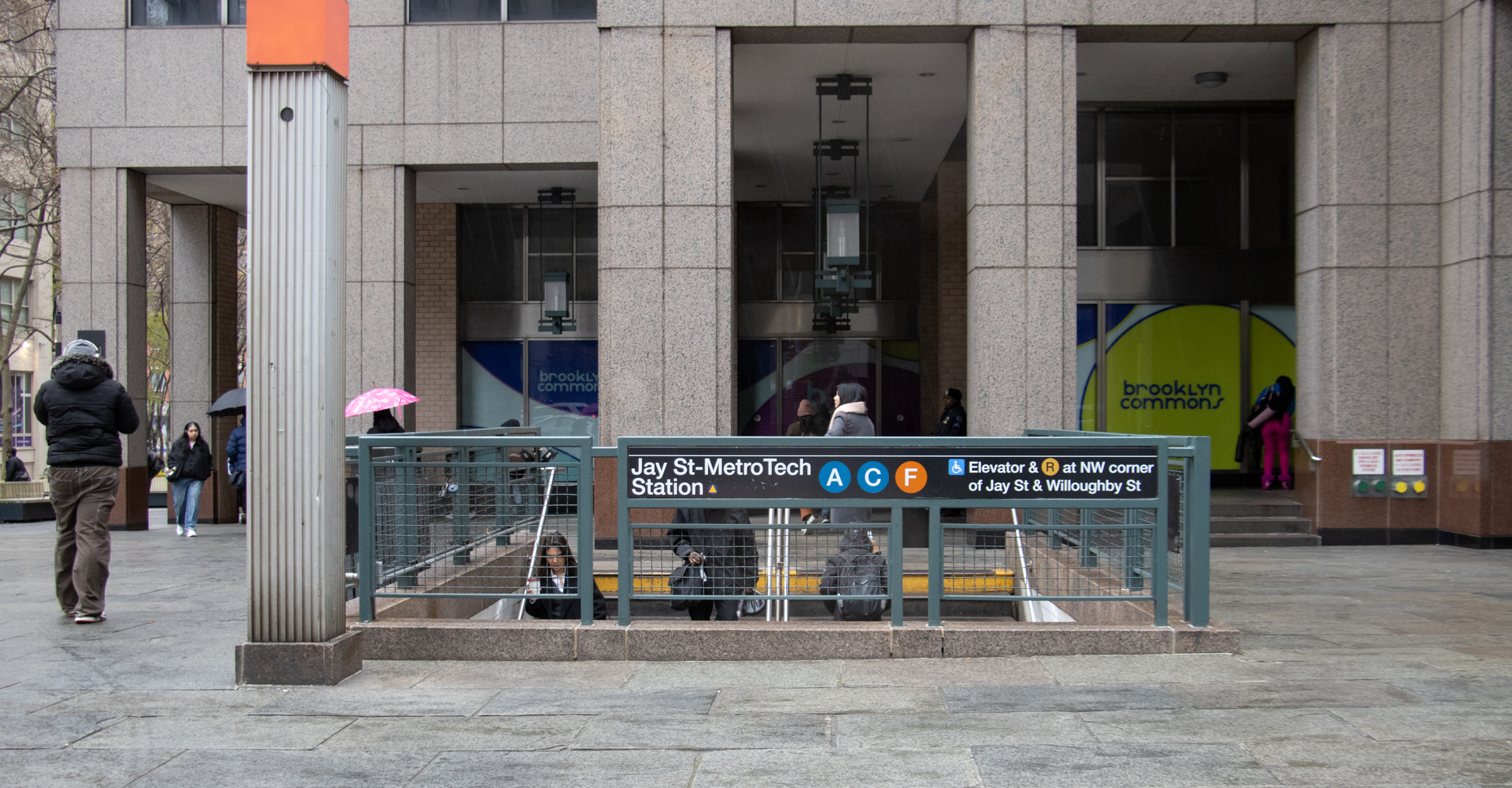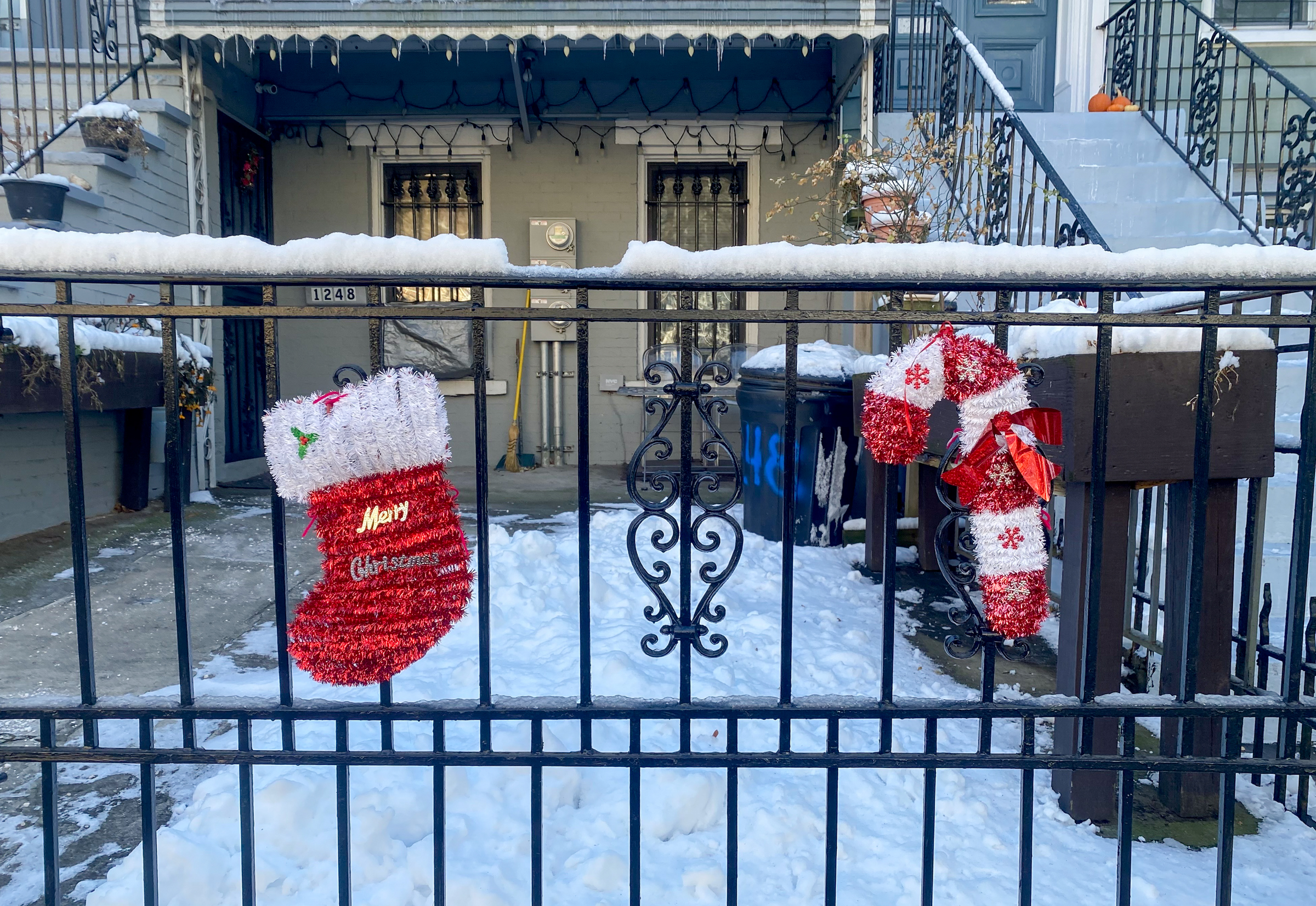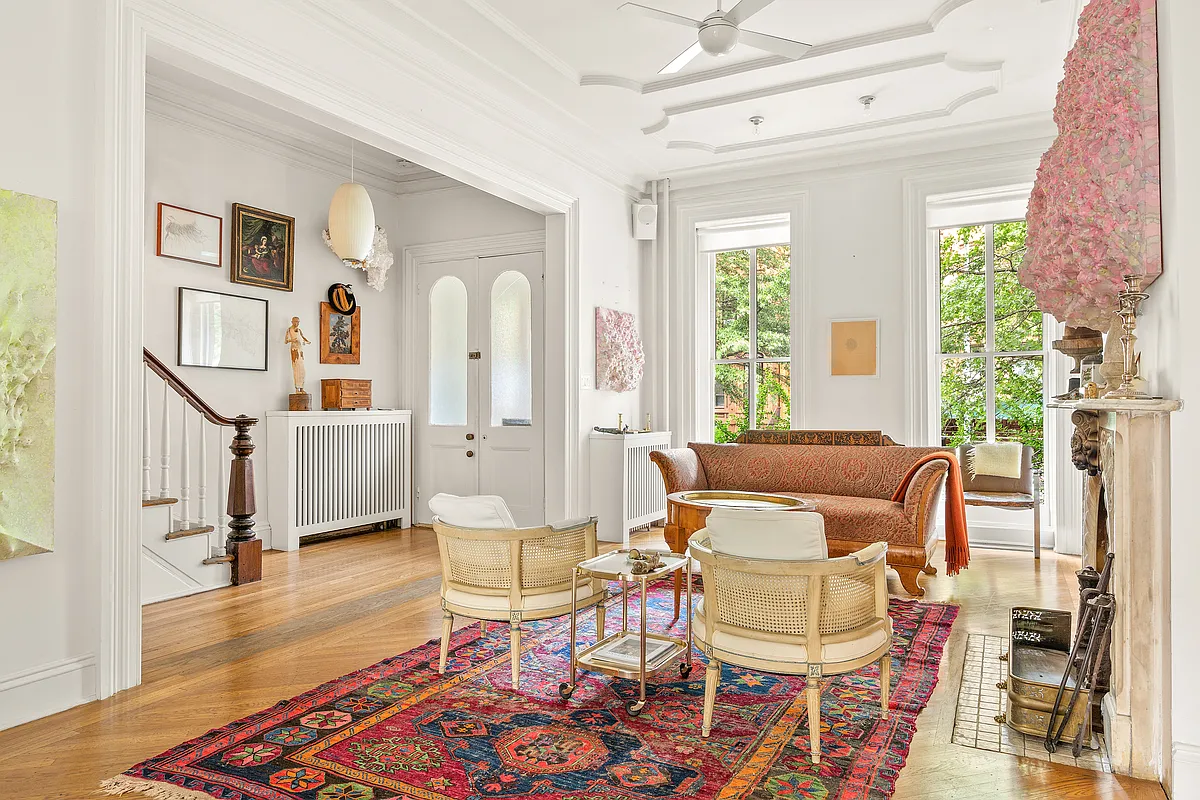Life During Recession Time: Schools
What will be the impact of the economic turmoil on Brooklyn schools? Will private schools like Packer, Berkeley Carroll, Friends, Saint Ann’s and Poly Prep see high rates of attrition? (We heard that close to 50 families have given notice to Trinity in Manhattan that their kids won’t be back next year.) It’s no secret…

 What will be the impact of the economic turmoil on Brooklyn schools? Will private schools like Packer, Berkeley Carroll, Friends, Saint Ann’s and Poly Prep see high rates of attrition? (We heard that close to 50 families have given notice to Trinity in Manhattan that their kids won’t be back next year.) It’s no secret that many of the thirty-something parents sending their single-digit-aged children to these schools get assistance from their sixty- and seventy-something parents; the thirty-somethings may be losing their jobs (or just making less money) while the grandparents all of a sudden are facing the prospects of their retirement on half the savings they thought they had. In this scenario, will private schools be forced to cut tuitions or will only the truly rich be able to attend? And if many private schoolers shift to a public school system that’s simultaneously undergoing large cuts, what does that mean for class sizes and education quality? On the other hand, could the injection of some private school refugees be good news for some public schools? What do you think?
What will be the impact of the economic turmoil on Brooklyn schools? Will private schools like Packer, Berkeley Carroll, Friends, Saint Ann’s and Poly Prep see high rates of attrition? (We heard that close to 50 families have given notice to Trinity in Manhattan that their kids won’t be back next year.) It’s no secret that many of the thirty-something parents sending their single-digit-aged children to these schools get assistance from their sixty- and seventy-something parents; the thirty-somethings may be losing their jobs (or just making less money) while the grandparents all of a sudden are facing the prospects of their retirement on half the savings they thought they had. In this scenario, will private schools be forced to cut tuitions or will only the truly rich be able to attend? And if many private schoolers shift to a public school system that’s simultaneously undergoing large cuts, what does that mean for class sizes and education quality? On the other hand, could the injection of some private school refugees be good news for some public schools? What do you think?





11217 – again, I’m relying on anecdotal evidence based on people I know. Clearly, many people in NYC are currently losing jobs, or at risk of losing their job. A city like Boston might be a bit more buffered from job losses since they have a strong academic/medical/bio-tech sector. So, I know people who’ve either lost jobs, or have the option of transferring their job to Boston, and see that as an attractive alternative. Also, the only people who will probably have to take a loss on their homes will be people who bought within the last 3-5 years. This is where everyone always yells at me, and why I feel compelled to remind everyone that prices on some properties *doubled* in this short period, so even a decline of 50% would leave many people close to breaking even. Yes, the folks who bought at the very peak may indeed all they can to sit tight, but there are TONS of people who bought just a few short years ago at much more modest prices who might now see attractive alternatives elsewhere and even if they are not selling high now, they can also buy even lower at cities outside of NYC. Your (and others’) repeated insistence that suddenly everyone’s underwater and almost no one will sell is just as much a form of annoying repetition as my repeated countering of this assertion.
I’ve been a social studies teacher in a large public high school in Brooklyn for seven years. The schools have been in decline the entire time because an increasingly standardized-test and data-driven system leaves no room for individual critical thinking. I don’t doubt more students can read than ten years ago, but fewer can think. You be the judge.
Slopestoner mentioned safety. As do others sometimes. I have to say I don’t get the hysteria over safety when talking about children in cities. Far far more kids die every year driving cars or riding in cars in the suburbs than from flying bullets in the cities. Also most abductions occur in suburban places. I completely understand why some people choose the suburbs over the city for their chidren (namely cost of schooling for more than one child) but I’d never list safety as one of the reasons.
Boerum Hill,
Yes, if you live in the burbs beyond when your kids are out of high school you are still paying those taxes, that was also part of the progression I was talking about. Empty-nesters moving back to the city when their kids go off to college.
I just don’t think anyone is looking to move cities/jobs right now Ms. Muffet.
Nor do I believe they are willing to take a loss on selling their Brooklyn/NYC home. Assuming one could even sell a home right now, even if they wanted to.
I see people holding tight right now and waiting out the next couple years…which I think are going to be REALLY rough.
In the meantime, it’s a great time to further improve NYC’S public schools…
Who is going to pick up and move to Boston right now if they have a job here? You’d have to be pretty nuts.
Several post here stating that suburbs are at an advantage because taxes are less than private tuition. That’s true to a point if you have moe than one child. Keep in mind however, that tuition is something you’ll pay for a short time while taxes are something you’ll pay forever.
I’ve raised to kids in the City, sending them to private school through 8th grade and to public high school. We’re very pleased with the public high schools (the selective ones anyway).
“Long-term, my plan has always been to leave the city when my kids got to school age, meaning past kindergarten. I don’t really think I’m in the minority either. Hasn’t this been the natural middle/upper-middle class progression for decades in the city? Young people move in, parents with kids move out, retirees/empty-nesters move back.”
Slopestoner;
I believe that your statement above describes the situation up until about 2002. Since that time, I think there has been a sea change. I see more and more young couples deciding to raise their kids in the city. For example, I live in a relatively new condo development in Park Slope. The majority of units in our complex are 3 bedroom apartments, and they are heavily populated by couples with school-age children. Most seem devoted to raising their kids in the city. What is also interesting is that most of these couples were themselves raised in the suburbs, but don’t want their kids to go through the experience. It also ties into the new “green” sensitivity. Most believe that living in Brooklyn is more “green”.
I grew up in, and my parents still live in, an affluent NJ suburb 20 miles from Manhattan with a strong public school system. It isn’t McMansion land– most houses were built in the 20’s. When my husband and I were buying our Park Slope apartment my parents would (in vain) drive us around showing us houses in the neighborhood we could buy for the same amount as our 2 bedroom apartment. Real houses– four bedrooms, solidly built, on a half acre. Yes, you have to factor in higher property taxes, commuting expenses, and higher utility bills, but there is no comparision in price per square foot. I bristle at the suggestion that everyone who moves to the suburbs is a BMW/Hummer driver who can’t live with less than 4,000sf– there are pluses and minuses to bringing kids up in a suburban or urban enviroment. People balance both and just try to decide what is best.
Well, Montclair is very close to NYC, has great schools, and lovely, modestly priced, historic homes. There are many other options. Anyway, I too would not move there since my husband is an urbanite through and through and I love this city — but again, many other people see places outside NYC as a very attractive alternative.